I think we can all agree that there's nothing better than ringing in your birthday!
How one chooses to celebrate that day is up to them, but I think cake is a good start.
Of course, where would a cake be without candles? The tradition of putting candles on a birthday cake is historic. It was first introduced by the Greeks in ancient times as part of an offering to the goddess Artemis.
The tradition sank into a lull for a couple of millennia. Then, in the mid 1800s, wealthy aristocrats began serving birthday cake in Germany.
The cake-and-candles tradition got its biggest boost during the Industrial Revolution, when mass production made this birthday ritual accessible to everyone!
Now, it's a key part of every birthday celebration: you close your eyes, blow out the candle, and make a birthday wish!
However, you may not have realized that you're spreading a little more than birthday cheer when you blow your candles out.
Scroll through to learn more.
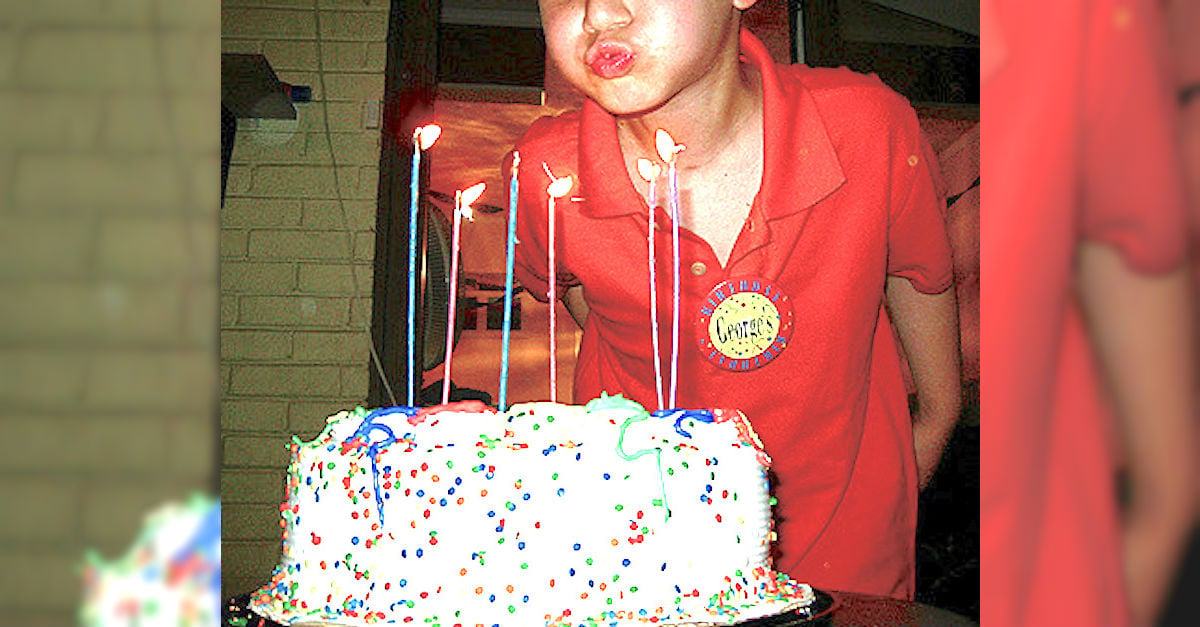
Blowing out your candles is all fun and games until you accidentally reveal your wish. A least, that's what we always thought!
However, a study published in the Journal of Food Research suggests otherwise.
It turns out that making a wish on your birthday candles can actually spray bacteria-rich saliva all over the cake — right before you share it with all your friends!
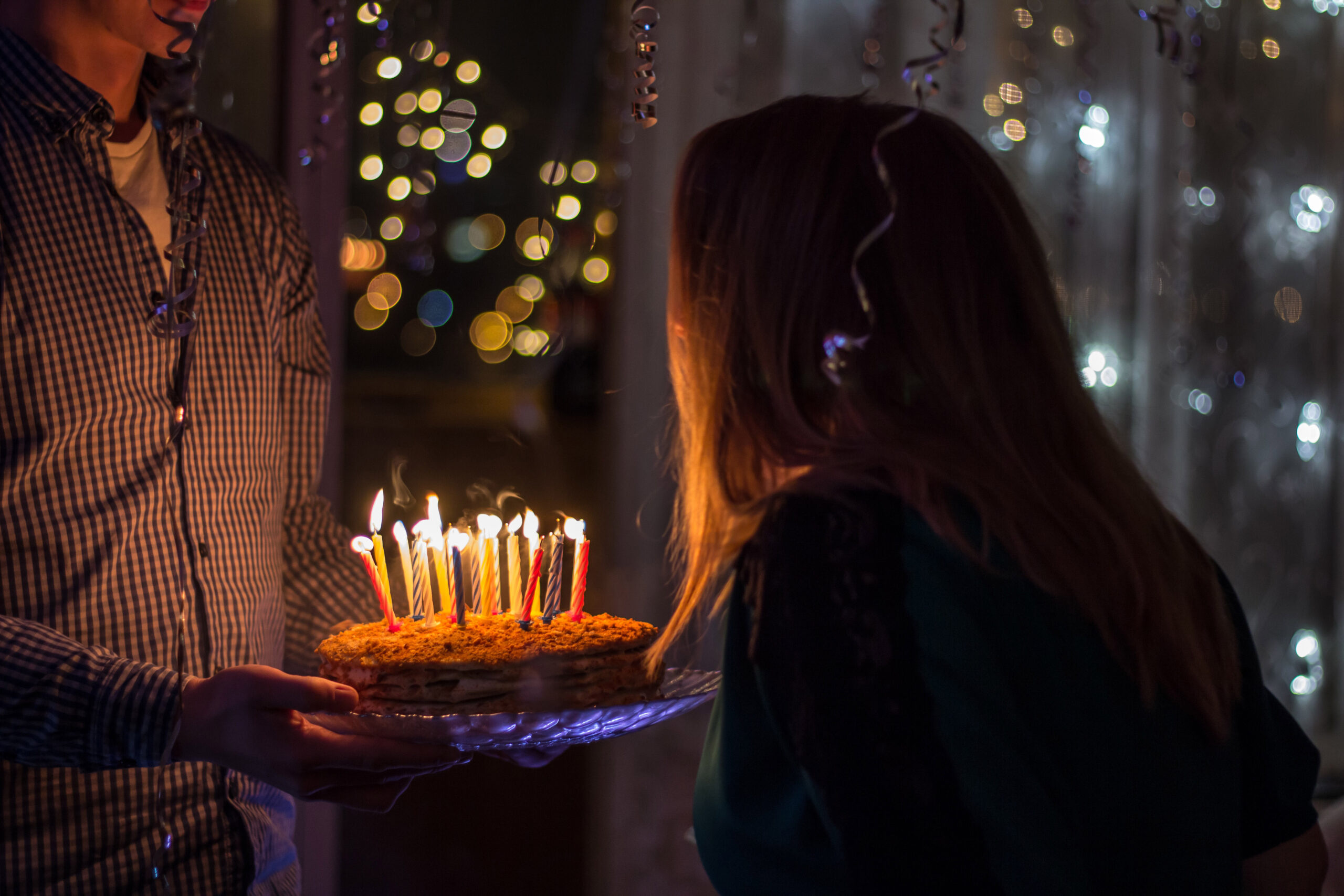
According to The Atlantic, blowing out birthday candles can considerably increase the bacteria levels of your cake.
If you think about it, this actually makes perfect sense: when you puff air out onto the cake, you're also spraying out a fine mist of germs from your mouth and lungs.
This is doubly true if the birthday boy or girl happens to be a child — that's when things can get drooly!
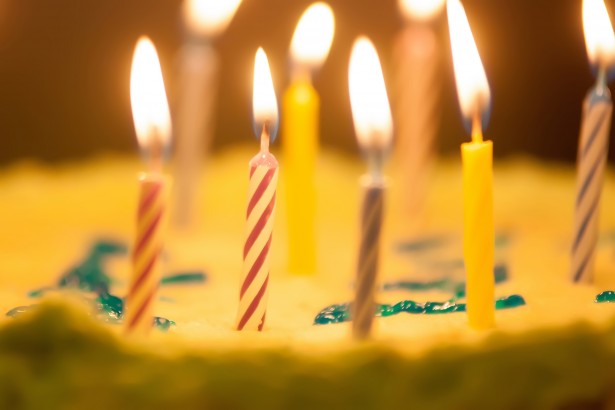
In fact, the lead researcher on the study reportedly got the idea from his teenage daughter, then was struck by the possible implications for food safety.
Perhaps it goes without saying, but adding bacteria to birthday cake means that the average kids' party is essentially a petri dish for whatever nasty flu or stomach bug is going around at that time.
To test the theory, researchers gave participants a slice of pizza to get their glands salivating, then instructed them to blow out candles on fake cakes covered in icing.
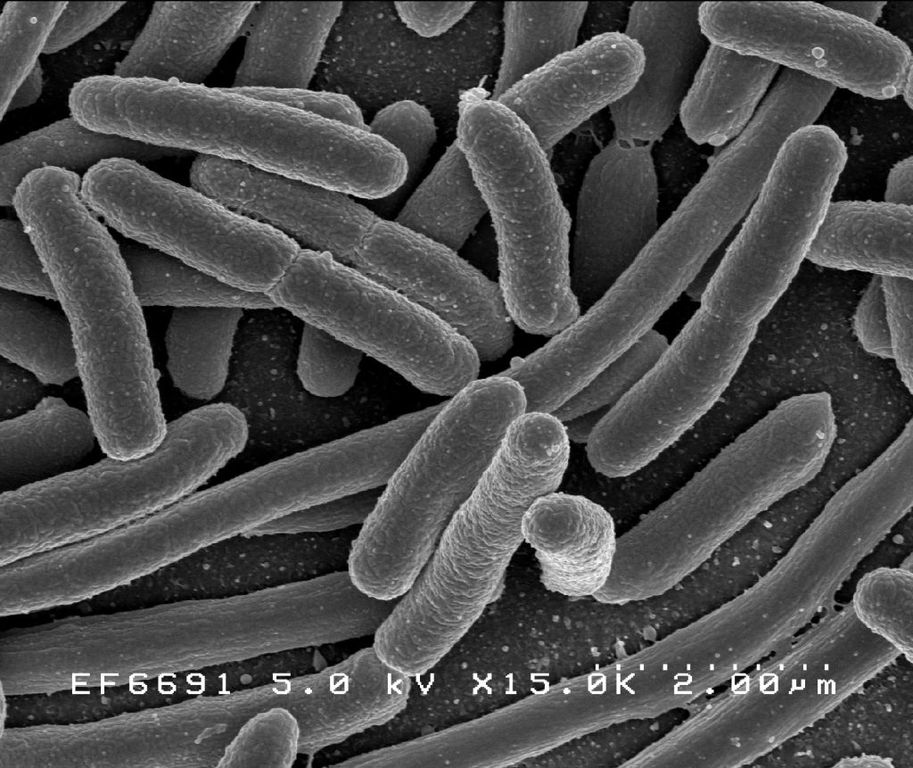
Afterward, researchers compared the icing on cakes that had been blown on to their control group of untouched cakes.
A whopping 1,400% more bacteria was found on icing that got the birthday-candle treatment.
No cake is ever going to be completely sterile, but that is certainly a difference worth noting.
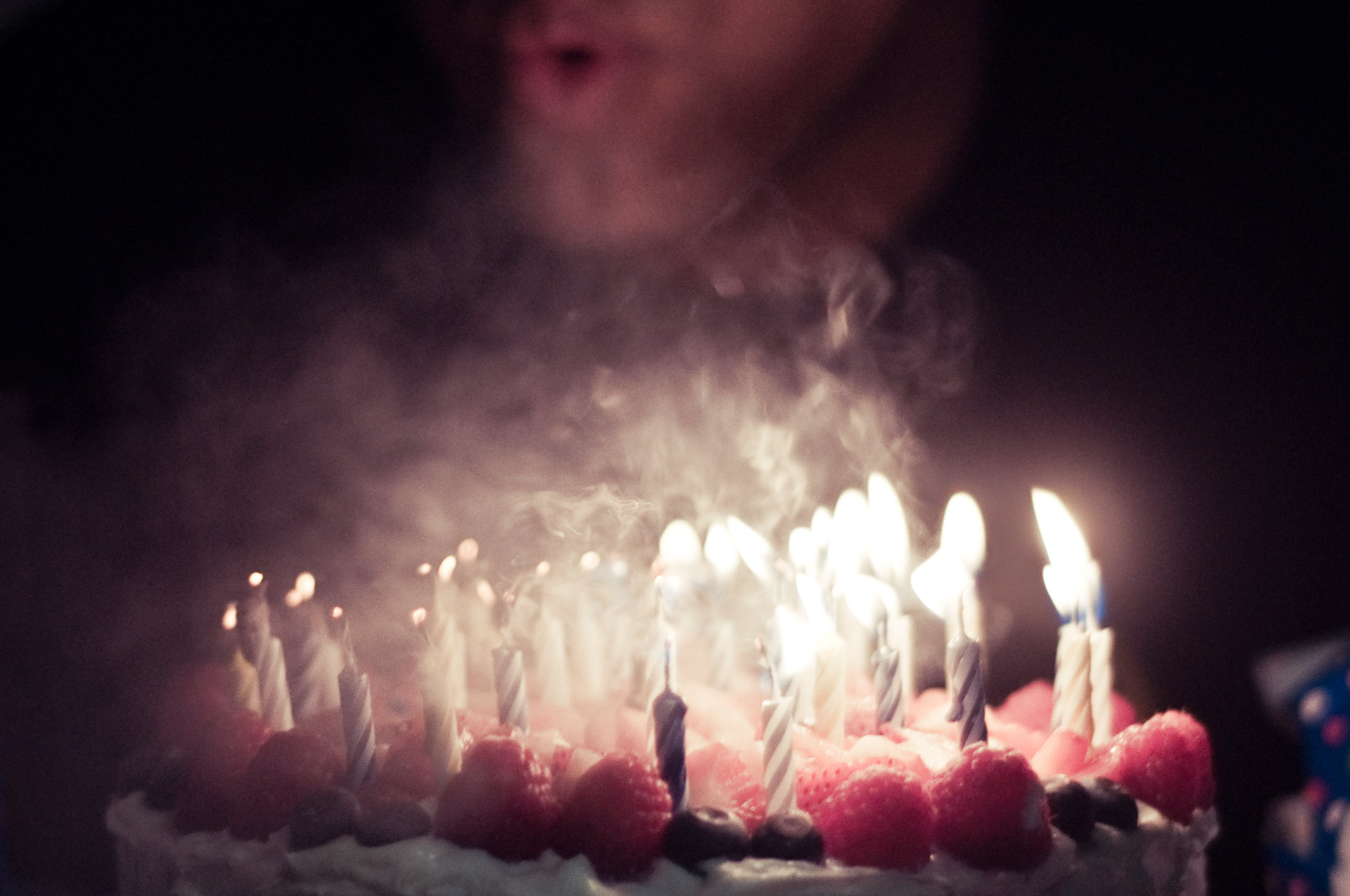
So, what does that mean for your birthday celebrations?
Generally, it's not a great idea to share bacteria with your party guests, but the truth is, any shared meal has a higher risk for germ exchange, especially if you share bites or eat from a communal platter.
The truth is, birthday parties are always going to have a slightly higher risk of bacteria transmission.

What really matters is making sure that your birthday boy or girl isn't fighting off a bug.
If the star of the party is perfectly healthy, chances are that their bacteria won't hurt anyone.
On the other hand, if they have strep throat or a stomach bug, blowing on that cake could get everyone sick.
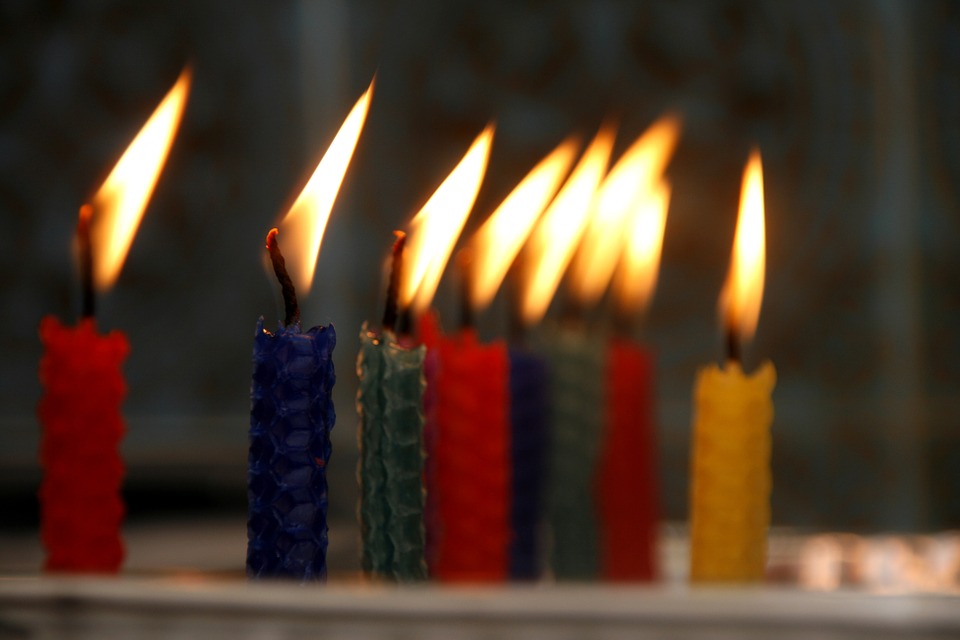
The next time you're at a birthday party or in a position to blow out some candles, you might want to take a hint from the dad who uses his hand to blow out the candles, and try to come up with a less spitty approach.
Fanning out your candles is just as much fun, and it will keep any germaphobes in attendance happy. Alternatively, you could blow out a candle separate from the cake, or put plastic wrap over the frosting to serve as a spit-guard.
At the very least, make sure you or the person blowing out the candles isn't under the weather.
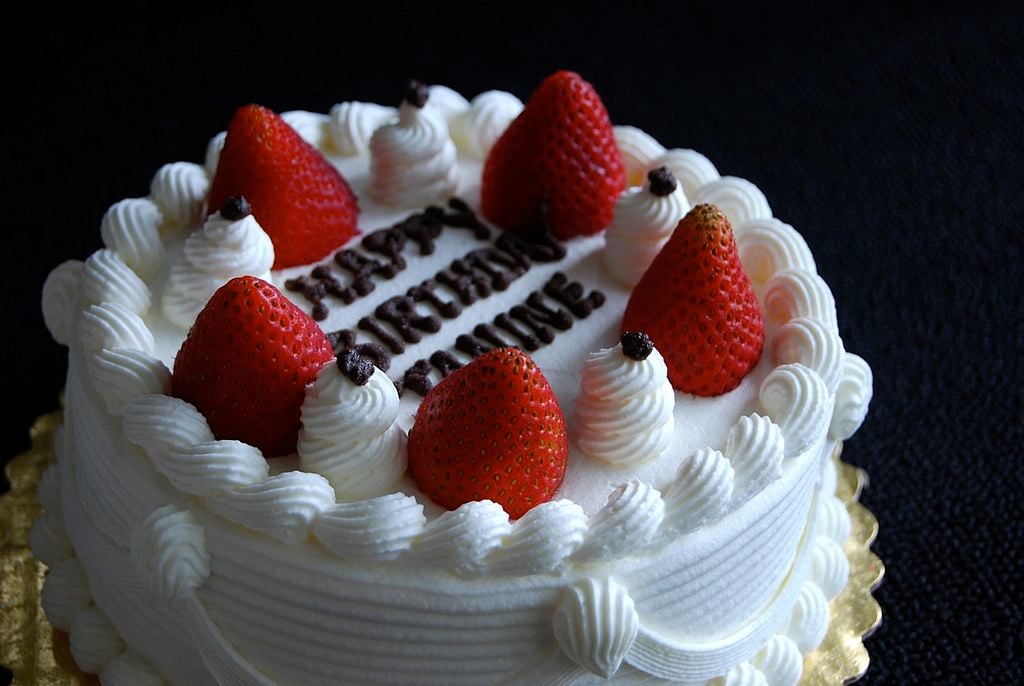
Be sure to SHARE this important information with your friends on Facebook!




